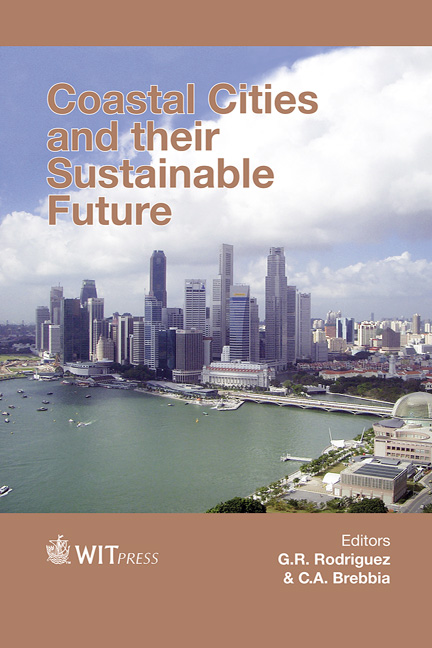The Influence Of Climate Change On The Market Value Of Coastal Residential Property In South Africa
Price
Free (open access)
Transaction
Volume
148
Pages
12
Page Range
199 - 210
Published
2015
Size
325 kb
Paper DOI
10.2495/CC150171
Copyright
WIT Press
Author(s)
A. Kruger
Abstract
The emerging nature of climate change and events associated with climate change raises the question of to what extent and how the changing climate will affect the well-established property valuation processes and procedures. Events like the one in March 2007, when the KwaZulu-Natal coast was hit by storm swells which severely damaged coastal properties, is a typical example. The economic loss was estimated to be more than one billion rand. Risk associated with the changing climate is on the increase and if the number of studies (nationally and globally) regarding this phenomenon is taken into account, then there is a need to quantify this risk. In these national and global studies, a variety of concepts, unrelated to market value or a manipulated form of market value, are used to quantify economic loss. However, financial decisions regarding property, plant and equipment are made based on the concept of market value (market value = fair value). This raises the question that this study will attempt to answer: How should property valuers change their current practice of investigating past market behaviour to arrive at an opinion of market value to also include climate change risk? This study aims to identify the knowledge, perceptions and practices of property valuers in a particular property market, on the Southern Cape coast, South Africa regarding the predicted rise in sea level. The paper will attempt to construct an instrument property that valuers can use to determine the market value of coastal residential properties. The Southern Cape coast was chosen because it was identified in two separate studies conducted in 1993 and 2010 as the stretch of coastline along the South African coast most vulnerable to a rise in sea level.
Keywords
climate change, rising sea level, market value, residential property, coastal property, risk, immovable property





